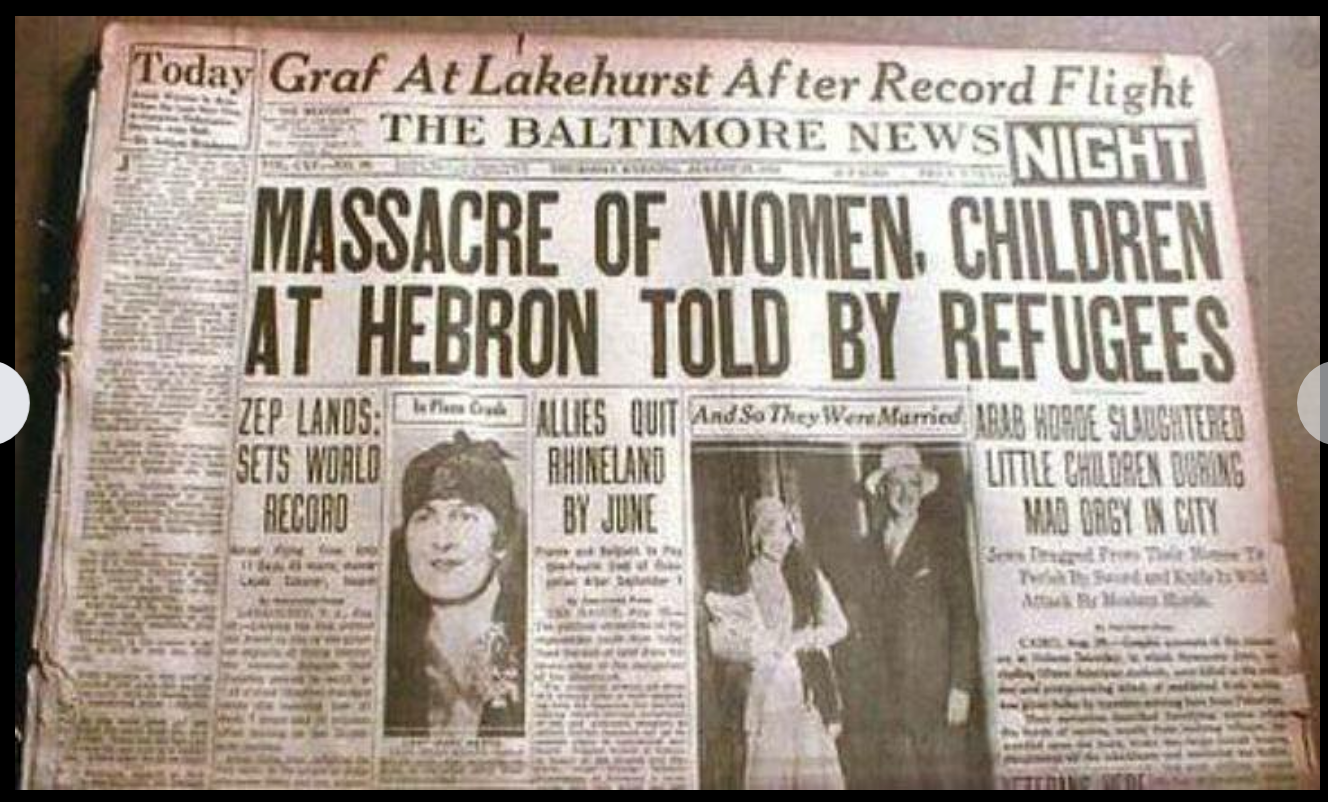If you’ve seen The Sound of Musicand who hasn’t?you’ll remember Captain von Trapp. The real Captain’s real-life children were not thrilled with the way he was portrayed in the movieaccording to them, he was by no means that rigid disciplinarian who summoned the children with a bosun’s whistle and required them to line up in military formation. (The bosun’s whistle was real, but only for communication purposes on the large estate…no lining-up involved.)
The movie was indeed correct that Captain von Trapp was a former naval officer whose services were much desired by the Nazis after their takeover of Germany and, later, Austria…and that he wanted absolutely nothing to do with them. His memoir, To the Last Salute, was originally published in German in 1935 and later translated into French; an English translation is now also available This post is a rerun of my earlier review, inspired by a WSJ article about the movie and its continuing large fanbase.
Captain von Trapp could not be called a brilliant writer, but he does achieve some nice descriptive and reflective passages. Here, he is returning from a patrol very early in the First World War, when he was commanding a torpedo boat:
We had been out all night searching for enemy ships that had been reported, but once again, had found nothing. Far out in the Adriatic we had investigated, looked, and looked, and again came back disappointed through the “Incoronate,” the rocky, barren island,s that extend in front of the harbor at Sebenico…These islands look bleak; nevertheless, years ago people found them and still live there…It is a heavenly trip there between the islands with the many large and small inlets swarming with fish. But it is most beautiful in the wind still nights, which are uniquely animated.
From one place or another, red and white lights flash on and off. They are the beacons that flash their warnings to the ships. Out of the many inlets merge innumerable fishermen’s boats. Some are under sail, hauling big nets; others, sculled about almost silently by heavy steering rudders, search the water with strong lanterns…As they put out to sea, the people always sing their ancient folk songs: ballads with countless verses, wild war cries, soft, wistful love songs…
The war broke into this peaceful world. Traveling between the islands changed overnight…The singing has become silent, for fishing is forbidden, and the men are fighting in the war…Mines lie between the islands. At any moment an enemy periscope, or a plane with bombs, could appear, and the nights have become exceptionally interesting; there are no more beacons. The war has extinguished them.
Soon, Captain von Trapp was reassigned to command of a submarine,the U-5. This boat was one of a type that was extremely primitive, even by WWI standards. Propulsion for running on the surface was not a diesel but a gasoline engine, and gasoline fumes were a constant headache, often in a very literal sense.
The Captain seems not to have thought a great deal about the rights and wrongs of the war. As a professional, at this stage he also felt no animus toward the men it was his duty to attack; quite the contrary. Here, after sinking a French cruiser:
I quickly scan the horizon. Is there absolutely no escort ship? Did they let the ship travel all alone? Without a destroyer? WIthout a torpedo boat? No, there is nothing in sight, only five lifeboats adrift in the water.
After discussing the matter with his exec and determining that there was no feasible way to take the survivors on board:
With a heavy heart, I order the engines to be turned on, and I set a course for the Gulf of Cattaro. “They let our men from the Zenta drown, too,” I hear one of the men say. The man is right, but I cannot bear to hear that yet. With a sudden movement I turn away. I feel a choking in my throat. I want to be alone.
I feel as if something were strangling me…So that’s what war looks like! There behind me hundreds of seamen have drowned, men who have done me no harm, men who did their duty as I myself have done, against whom I have nothing personally; with whom, on the contrary, I have felt a bond through sharing the same profession. Approximately seven hundred men must have sunk with the ship!
On returning to base, von Trapp found numerous letters of congratulation waiting for him, one from an eighth-grade Viennese schoolgirl. To thank her for the letter, he arranged to have a Pruegelkrapfen from a noted confectioner to be delivered to her. “The outcome of all this is unexpected. Suddenly it seems all the Viennese schoolgirls have gotten the writing bug because it rains little letters from schoolgirls who are sooo happy and so on. But such a Pruegelgrapfen is expensive and, at the moment, I don’t have time to open a bakery myself.”
On one patrol, U-5 met up with an allied German U-boat, and von Trapp had an opportunity to go on board. He was quite impressed with the diesel engine, compartmentalization of the boat, the electrically-adjustable periscopes, and even creature comforts like tables for dining. “It’s like being in Wonderland…” The German commander’s comment, on visiting U-5, was “I would refuse to travel in this crate.”
Read more
